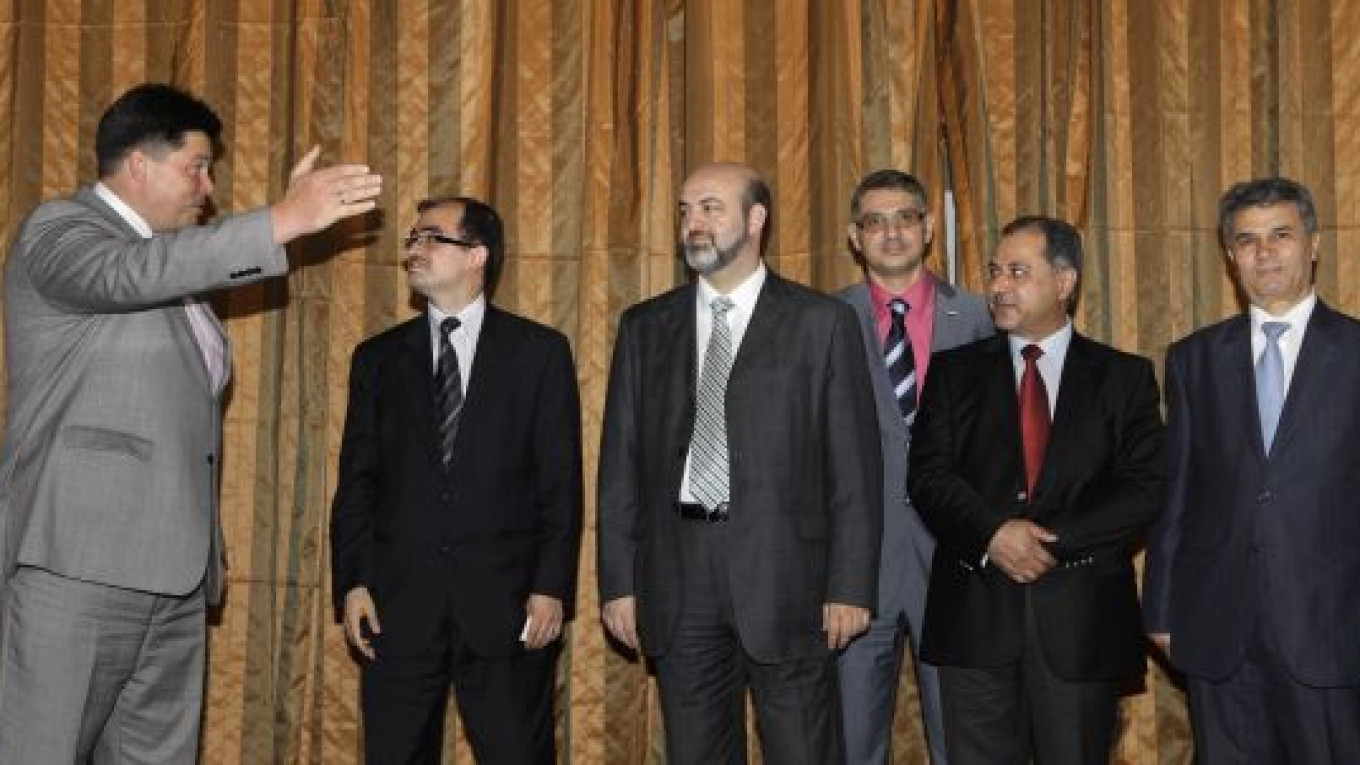It remains to be seen, however, whether Mikhail Margelov's comments indicate a change in Moscow's opposition to tough UN action on Syria.
"Leaders come and go, politicians come and go, social systems come and go, but for Russia there remains a single reliable and trusted friend: the Syrian people," Margelov, chairman of the Federation Council’s International Affairs Committee, told a Syrian delegation in Moscow.
He called for an end to "any and all forms of violence."
The opposition estimates that 1,400 people have been killed as Assad tries to crush a pro-democracy movement inspired by successful uprisings in Egypt and Tunisia.
The UN Security Council has yet to adopt a draft resolution initiated by France, Britain and Germany that would condemn Syria for its crackdown on protesters and demanding an immediate end to the violence. Russia and China oppose the motion.
The situation in Libya, which threatens to become a protracted stalemate, has sapped some of the willingness to get involved in the Middle East's roiling conflicts.
Still, even Prime Minister Vladimir Putin has taken a harder line on Assad as international pressure mounts for the Syrian leader to accept major political change.
"We need to apply pressure on the leadership of any country where massive unrest, and especially bloodshed, is happening," Putin said in Paris on June 21. "In the modern world it is impossible to use political instruments of 40 years ago," Putin said of the Syrians' tactics.
The leader of the Syrian delegation, Radwan Ziadeh, was satisfied with the Margelov meeting.
"This is exactly what we are looking to hear from the Russian officials," said Ziadeh, a prominent Syrian exile and a visiting scholar at the Institute for Middle East Studies at George Washington University.
"We call upon Russia to use its leverage on the Syrian regime to stop the killings done by the Syrian security apparatus," he said. Russia must send "a clear message that this is not acceptable."
A Message from The Moscow Times:
Dear readers,
We are facing unprecedented challenges. Russia's Prosecutor General's Office has designated The Moscow Times as an "undesirable" organization, criminalizing our work and putting our staff at risk of prosecution. This follows our earlier unjust labeling as a "foreign agent."
These actions are direct attempts to silence independent journalism in Russia. The authorities claim our work "discredits the decisions of the Russian leadership." We see things differently: we strive to provide accurate, unbiased reporting on Russia.
We, the journalists of The Moscow Times, refuse to be silenced. But to continue our work, we need your help.
Your support, no matter how small, makes a world of difference. If you can, please support us monthly starting from just $2. It's quick to set up, and every contribution makes a significant impact.
By supporting The Moscow Times, you're defending open, independent journalism in the face of repression. Thank you for standing with us.
Remind me later.






